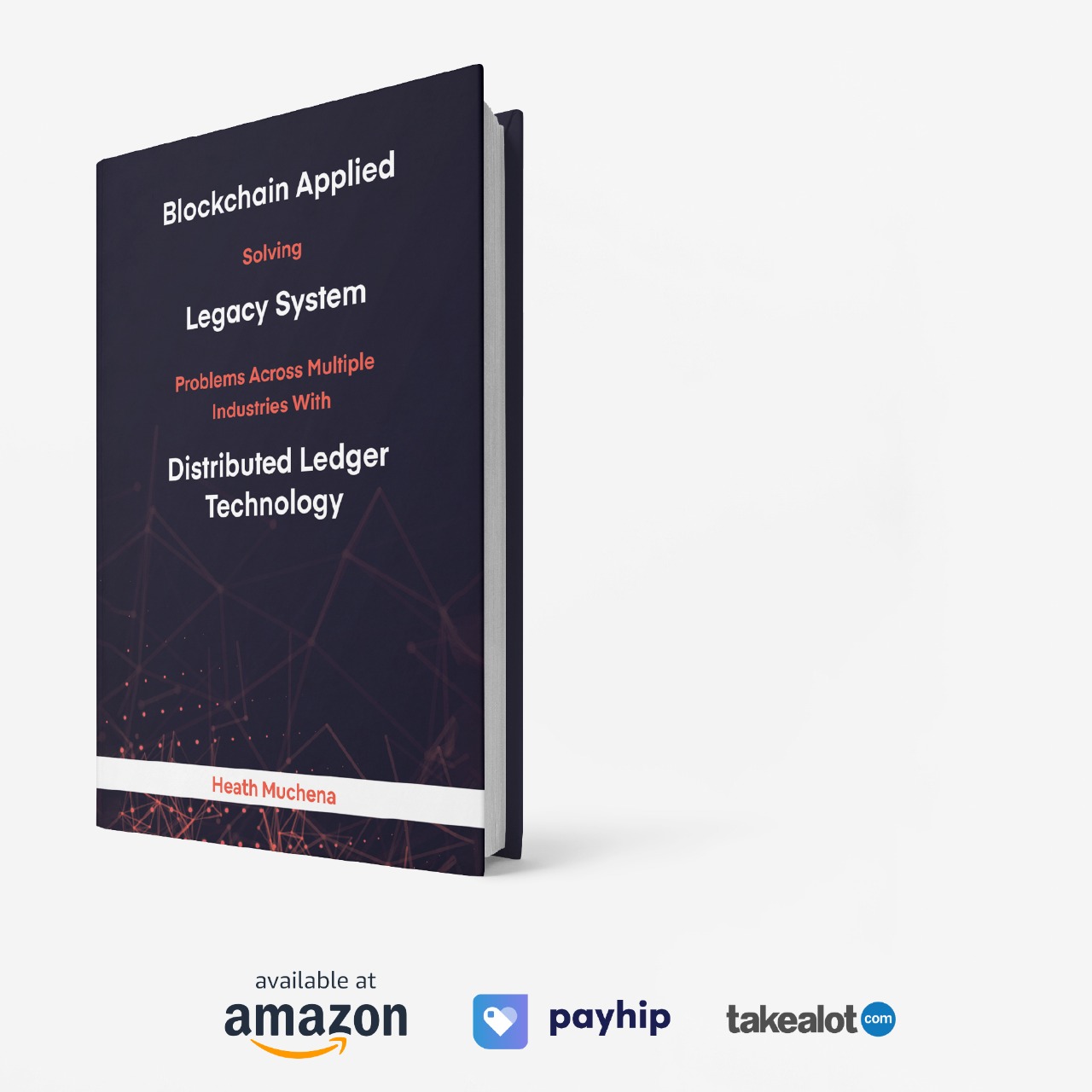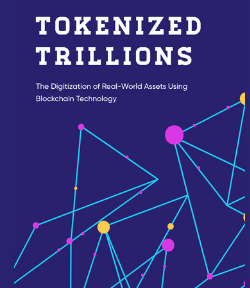
Best Crypto Exchanges in China (Mainland)
How to Invest or Trade Cryptocurrencies in China.
Cryptocurrency trading in Mainland China has long existed in a grey zone, moving from early innovation to strict prohibition. As of 2025, centralized crypto exchanges and trading services remain banned for mainland residents under government directives first enforced in 2021.
Yet, Chinese retail and institutional interest in blockchain and digital assets remains enormous — reflected in China’s leadership in Bitcoin mining technology, CBDC pilots (the digital yuan), and Hong Kong’s regulated crypto sector.
This guide helps you understand:
- What’s legal and not legal in China (Mainland)
- How global and Hong Kong-based exchanges differ
- The safest ways to learn, store, and manage crypto privately
- No-KYC global platforms that traders outside China use
In Mainland China, all centralized cryptocurrency exchange operations are banned.
- Financial institutions and payment providers are prohibited from offering crypto-related services.
- Individuals cannot legally use centralized exchanges for trading, conversions, or payments.
- Domestic crypto websites, apps, and social channels are blocked under the Great Firewall.
- Mining operations were officially banned in 2021, but small-scale operations persist underground.
However, owning cryptocurrency is not explicitly illegal, and many users continue to self-custody crypto acquired offshore or through peer-to-peer (P2P) means.
In short:
🚫 Trading or exchange operation = banned
⚠️ Holding or owning crypto = permitted (privately)
✅ Education, research, and self-custody = encouraged for responsible awareness
Top Regulated Picks (Domestic)
None.
No centralized or regulated exchange currently operates legally within Mainland China.
Residents should avoid unlicensed trading services, including OTC brokers or unverified Telegram/WeChat sellers. Such channels pose extreme risks of fraud, arrest, or capital seizure.
Global & Hong Kong Alternatives
While Mainland users cannot directly access centralized crypto exchanges, Hong Kong, a Special Administrative Region (SAR), has developed a licensed crypto trading regime for retail and institutional investors under the Securities and Futures Commission (SFC).
These platforms — such as HashKey Exchange and OSL — allow Hong Kong residents to legally buy and trade BTC and ETH under robust investor-protection rules.
Mainland Chinese traders often follow developments in Hong Kong closely as a regional model for regulated crypto innovation.
Fiat Rails
There are no legal fiat on/off-ramps for crypto within Mainland China.
- Bank transfers or card purchases related to crypto are blocked.
- Payment providers like Alipay, WeChat Pay, and UnionPay do not support crypto transactions.
- Converting crypto to RMB or vice versa domestically is not allowed.
Those seeking legitimate exposure to blockchain innovation focus on education, non-custodial wallets, and decentralized tools rather than exchange trading.
Education, Privacy, and Self-Custody
For Mainland users, the safest approach is learning and self-sovereignty — not active trading.
- Study DeFi principles and digital wallets.
- Use VPNs responsibly (if legal in your jurisdiction) to access educational content.
- Store assets securely offline or on hardware wallets.
Recommended Hardware & Non-Custodial Wallets
| Wallet | Description | Access |
|---|---|---|
| CoolWallet Pro | Bluetooth-enabled hardware wallet for DeFi & NFTs | Buy Now |
| Argent | Smart wallet for Ethereum & zkSync ecosystems | Download |
| Exodus | Multi-chain desktop & mobile wallet | Get App |
| Zengo | Keyless recovery wallet, beginner-friendly | Join Now |
| Ledger Nano X/S Plus | Industry-leading cold storage | Buy Ledger |
| Guarda | Multi-chain non-custodial web wallet | Try Now |
No-KYC Global Alternatives 🌍
While direct trading from Mainland IPs is restricted, international traders (and offshore Chinese users) often use non-KYC platforms operating in global jurisdictions. These platforms do not require identity verification for basic spot or futures trading.
| Exchange | Feature | Leverage | Register |
|---|---|---|---|
| KCEX | High-liquidity derivatives, deep cross-chain support | 200x | Join KCEX |
| Bitunix | Professional-grade perpetual futures | 100x | Join Bitunix |
| MEXC | 1,800+ altcoins, zero maker fees | 200x | Join MEXC |
| Tapbit | Copy trading & fast execution | 100x | Join Tapbit |
| BTCC | Legacy exchange since 2011 | 150x | Join BTCC |
| BingX | Social copy trading network | 150x | Join BingX |
| XT.com | 800+ pairs, Web3 earn & staking | 100x | Join XT |
| Blofin | Institutional futures & perpetuals | 150x | Join Blofin |
| Phemex | Spot, derivatives, and earn programs | 100x | Join Phemex |
| Margex | Beginner-friendly margin trading | 100x | Join Margex |
| Desk.Exchange | Decentralized perpetuals & swaps | 100x | Join Desk.Exchange |
| gTrade | Gasless decentralized perpetuals | 50x | Trade on gTrade |
⚠️ Note: These platforms are not legal for Mainland users and are listed for international educational context only.
DeFi, DEXs & Agentic Tools
Even with exchange restrictions, decentralized finance (DeFi) remains borderless. Chinese developers and investors continue to interact with non-custodial protocols and AI-driven DeFi tools that run on smart contracts.
Explore globally accessible platforms:
- Trade crypto & commodities: PrimeXBT
- Cross-chain derivatives: OKX | Bitget | HyroTrader
- Decentralized perps: GMX | HMX | MUX | Equation
- Deri Protocol: Start Trading
- OpenLeverage: Yield Trade
Learning & Research Tools
Before buying or trading, focus on education and research:
-
deBridge: Cross-chain liquidity explorer — Launch App
-
TradingView: Technical analysis toolkit — Upgrade Pro
-
3Commas: AI trading bots — Try 3Commas
-
Coinigy: Portfolio tracking dashboard — Get Coinigy
Decentralised News Ecosystem
Stay connected to blockchain education, AI trading insights, and global Web3 innovation:
Key Takeaways
-
Crypto exchanges are banned in Mainland China.
-
Holding crypto privately is allowed, but trading or converting RMB to crypto is illegal.
-
Hong Kong operates a separate, regulated environment for licensed retail exchanges.
-
Self-custody remains the safest and most compliant strategy for Mainland users.
-
Global No-KYC exchanges serve offshore traders seeking anonymity and access, but are not legally permitted for Mainland residents.
Conclusion
Mainland China’s crypto market remains restricted, yet the country continues to influence global blockchain innovation through CBDCs, Hong Kong’s regulatory leadership, and decentralized technologies.
While domestic trading remains off-limits, the rise of DeFi protocols, agentic AI tools, and self-custody wallets ensures that the foundational values of crypto — privacy, sovereignty, and education — are thriving underground.
For those navigating this landscape, knowledge, security, and decentralization are the real investments worth making.






